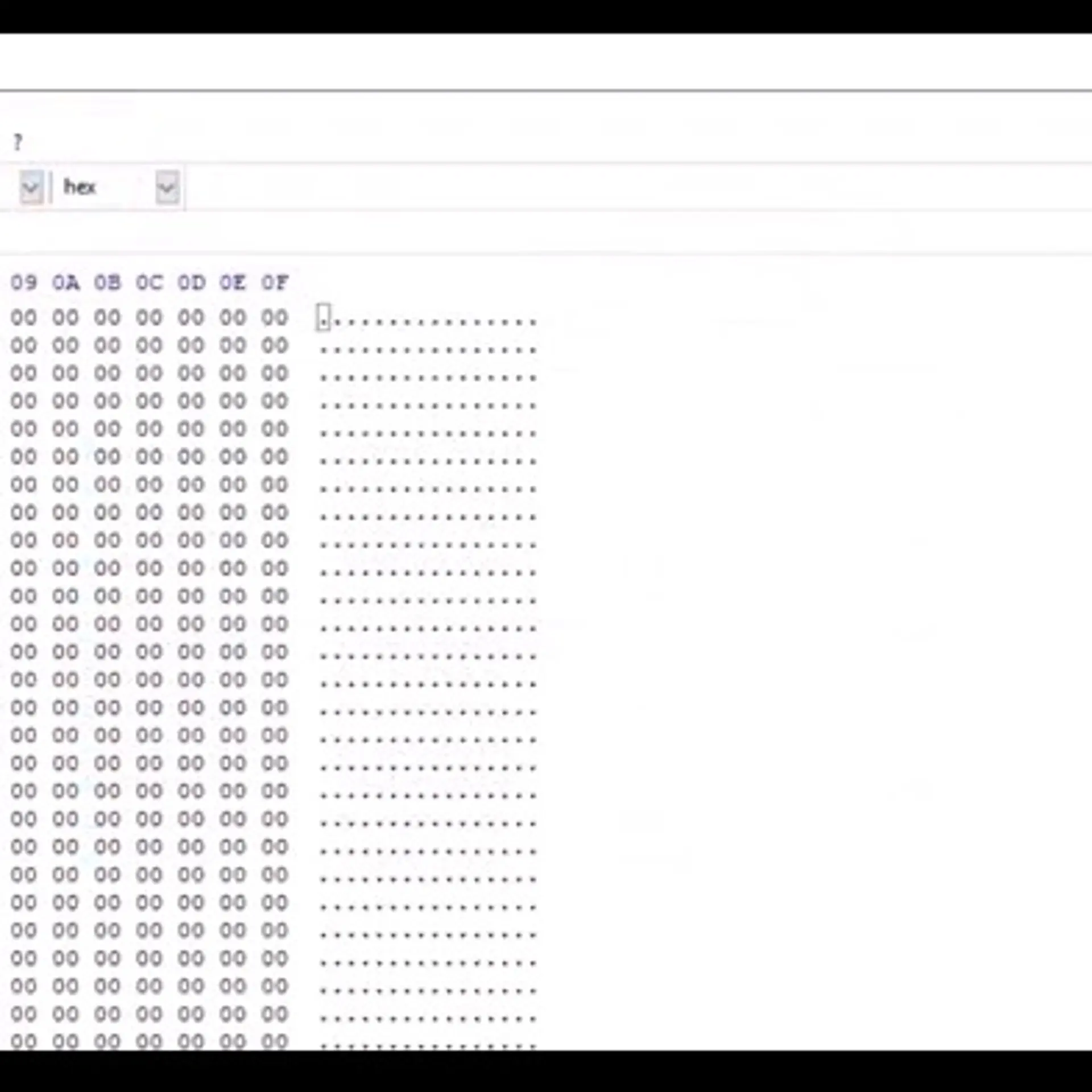

How Production Scheduling is Handled within ERP Software
Production scheduling is a key process that helps process manufacturing businesses achieve efficiency, and eventually success. This blog explains how it is handled within an ERP software.

One thing most people often complain about these days is that they don’t find time to do things they want to do amidst their ever-growing and busy schedule. Despite coming to the office early and leaving late after a busy working day, they are left with the feeling that they have not accomplished anything significant. There are the long meetings, interruptions every now and then, urgent eleventh-hour tasks, and all this can mean that they are easily busy all day without making any progress on high-priority assignments and goals. As a result, they start carrying their work to their homes, which eventually rubs off on their personal lives too, as they stop finding time for things they love to do outside work.
This brings us to the importance of planning and scheduling work and time both at the workplace and at home. Because it is only through proper planning and scheduling that one can make time for the work that really matters, while still leaving time for personal development, family and friends. The world of manufacturing in general, and process manufacturing in particular, is not untouched by this need of planning and scheduling either. In fact, production scheduling is a key process that helps process manufacturing businesses achieve efficiency, and eventually success.
What is Production Scheduling?
Often in manufacturing businesses, production and manufacturing run on tight schedules. Orders come in, sometimes simultaneously, and the manufacturers need to plan the steps in their production schedule to ensure parts of the process are completed in proper sequence as efficiently as possible.
Production scheduling is nothing but making your manufacturing processes flow with maximum efficiency. It is the process of syncing and planning the steps in the manufacturing process so that the orders are fulfilled in the most efficient way, without interruptions, delay, or stress.
Wikipedia defines Production Scheduling as the process of arranging, controlling and optimizing work and workloads in a production process or manufacturing process. Scheduling is used to allocate plant and machinery resources, plan human resources, plan production processes and purchase materials.
Production scheduling is an important tool for manufacturing, and can have a major impact on the productivity of a process. In manufacturing, the primary objectives of scheduling are to balance demand and supply, avoid unnecessary inventory, and to ensure sufficient products are available for meeting customer demands. Some other objectives include keeping the production time and costs to a bare minimum, by telling a production facility when to make, with whom, and on which machine; maximizing the operational efficiency, and reducing costs.
Importance of Production Scheduling in Process Manufacturing
Production scheduling is an important part of manufacturing businesses, including process manufacturing. It is in fact at the heart of a process manufacturing business. At any given point of time, a process manufacturing business needs to know what needs to be produced, when it needs to be produced and how much materials plus total resources will be needed as input to finish it. There’s also a need for accurate capacity planning, or figuring out time required for both the entire job and by resource, such as individual machines. This is where they require production scheduling functionality.
Production Scheduling acts as a tool that helps process manufacturing businesses provide accurate, real-time schedules, and available-to-promise date and quantities, representing what the company should produce expressed in specific configurations, quantities and dates; evaluated considering the various sources of demand and supply. For needs, it takes into consideration the forecast, the production plan, and other key factors such as backlog, material availability, availability of capacity, etc. And for the majority of process manufacturers, this tool doesn’t work in isolation, but as a part of a production scheduling software, or their ERP system.
Production Scheduling within ERP Software
Lack of automated planning tools hampers the swift flow of production activities, and businesses are forced to spend lots of time preparing the schedules for the shop floor activities using paper, excel sheets and such. This information apart from being time consuming, is not fully reliable. But with a manufacturing ERP, sound planning which is accurate, precise and updated leads to better or say efficient scheduling.
An ERP software’s robust and extremely capable planning & scheduling module goes beyond just production scheduling, and does a lot more for process manufacturing businesses. It monitors, tracks and stays updated on the events happening in the supply chain in real-time, so that the business can swiftly and efficiently adjust to the changing customer demands as well as the delivery requirements. It comes with Material Requirement Planning (MRP) and Master Production Scheduling (MPS) modules, which provide material and production planning suggestions based on the demand and supply, and in turn allow ensuring that batches are efficiently scheduled to meet the current and future requirements and material are optimally available to keep the production going without halts or shortages.
Also, as we know that data is the key tool for efficient planning, ERP system gives access to vital business data to plan business operations considering sales forecasts, checks inventory levels, inbounds, deliveries, warehouse transfers, expiries, etc. The information collected by the ERP system further helps businesses carry out analysis so that they can determine the optimal schedule that meets their customer demands as well as their lean business objectives.
A manufacturing ERP software with production scheduling functionality leads businesses to be demand-driven, meet on-time delivery, make optimized use of available resources (material, labor, equipment, etc.), reduce cycle times, minimized inventory costs, maximize plant floor throughput, cut wastage, etc.
The following components of an ERP system lend powerful production scheduling functionality to your business:
MPS – MPS module helps process manufacturers compute and sustain an optimum manufacturing plan based upon all the resources and costs required to meet the demand coming from sales forecast, customer orders, warehouse transfer requirements, and such. Its implementation ensures that the right amount of products are produced considering the supply from various sources, various lead times (Vendor, Quality, etc.) and that the products are ready to be shipped to the customer right just when they need it. The information produced by an ERP software’s MPS group makes it possible for the manufacturers to schedule both their purchases and production within a defined time frame, so that they know how much and when to produce so as to meet the orders.
MRP – MRP is a process for generating a master plan for what the manufacturers need to purchase, how much and when it is needed to meet their future batch production jobs. It is used to determine the amount of raw materials, labor and machine requirement necessary to manufacture a specified number of products. MRP generates purchase order recommendations based upon future batch orders calculated by MPS, and then converts these recommendations into actual raw material purchase orders that meet the economic order quantities (EOQ) and expected delivery times of preferred suppliers.
MPS drives MRP. It accesses actual supply and demand data or uses forecast data, enabling it to generate more accurate production plans. Once planned production orders are analyzed and approved, MRP can be initiated to generate purchase orders. While an MPS production plan is run on a weekly basis, based on orders and forecast for that period, MRP is run daily to expedite the parts required to produce the plan.
Besides:
- The flexible scheduling functionality allows real-time adjustments to make room for unplanned events while ensuring optimal throughput through the enterprise.
- An elongated planning horizon that allows planning for a near and future period of time
- A robust "what if" capability over an interactive dashboard that allows you to hit and try schedule changes and see their impact just by simple drag and drop.
- Definition of Company Calendar enables accurate planning taking into consideration weekly offs, holidays and labor schedules
- ERP’s planning dashboards offer user-defined calendar views of planned production and purchase orders with drill down, analysis, grouping and rescheduling capabilities.
- Manufacturing ERP helps evaluate and compare an unlimited number of alternative schedule versions and identify shortfalls.
- Real-time integration with order entry and production module makes possible to create a Purchase or a production order through a single click, speeding the entire process.
- Production scheduling software optimizes manufacturing production runs, alleviating major cost and time conflicts in the process.
- Manufacturing ERP software helps set accurate expectations by providing customers with a reliable delivery date based on the actual availability of resources.
- Expedite Reports provides fair suggestions on which orders should be expedited to meet the upcoming demand
Conclusion
If you are into a process manufacturing business, you must have by now understood how important a part of its production scheduling is. Also, the blog must have given you a fair idea as to how a good manufacturing ERP software with production scheduling functionality is a ‘must-have’ for your business.







